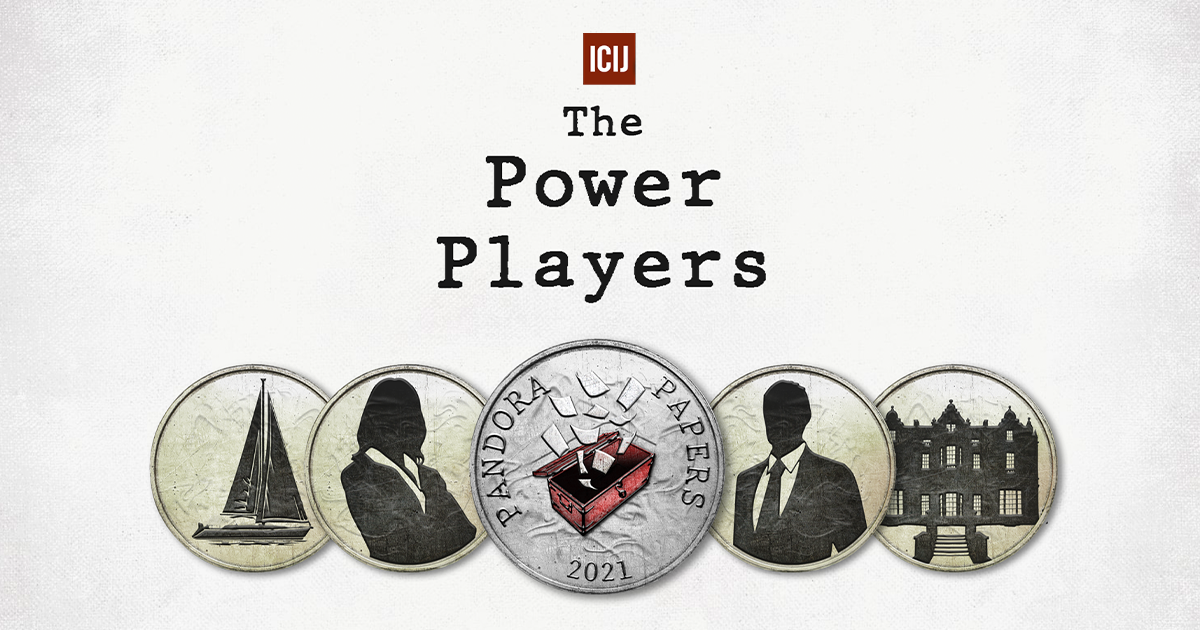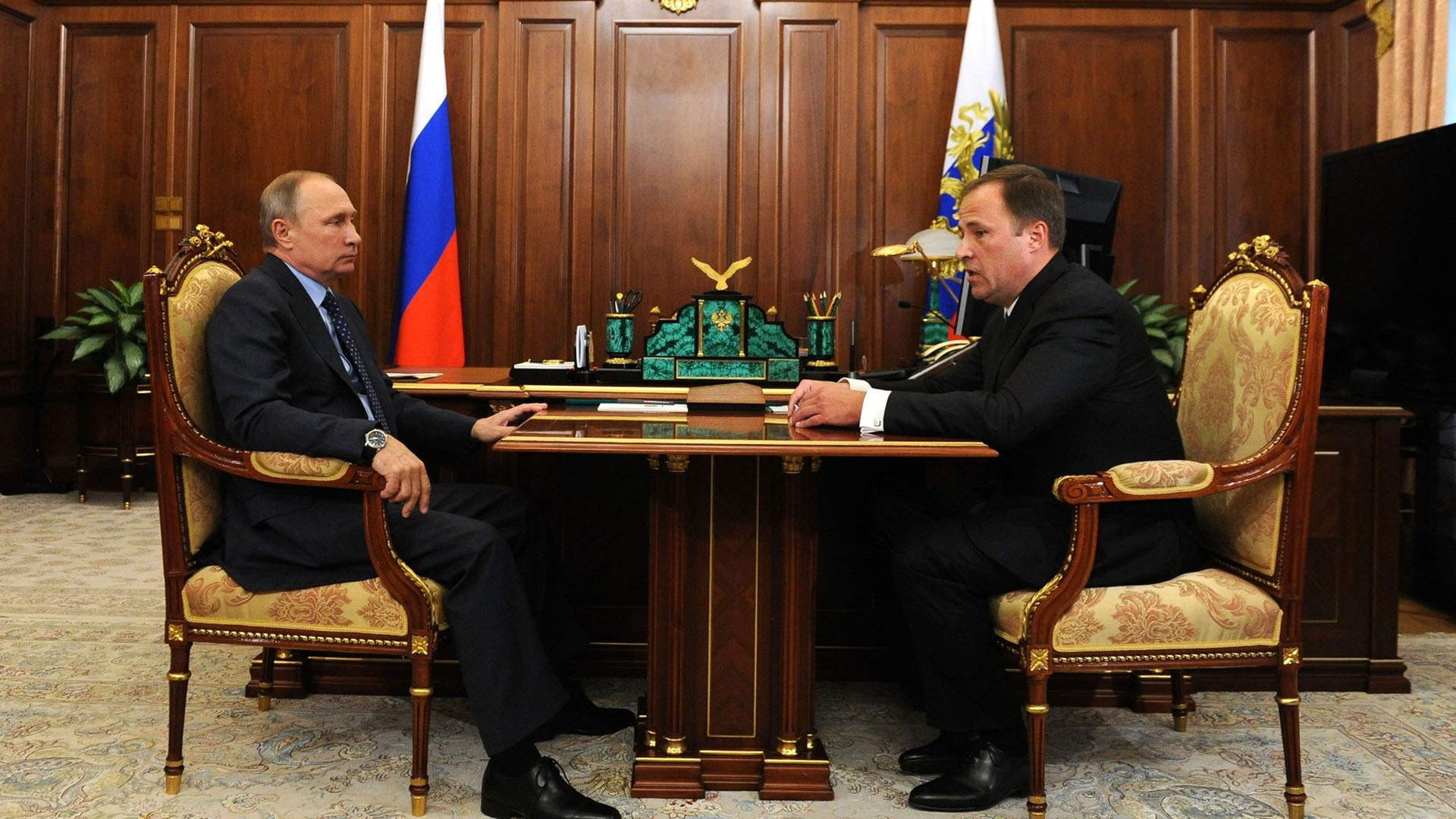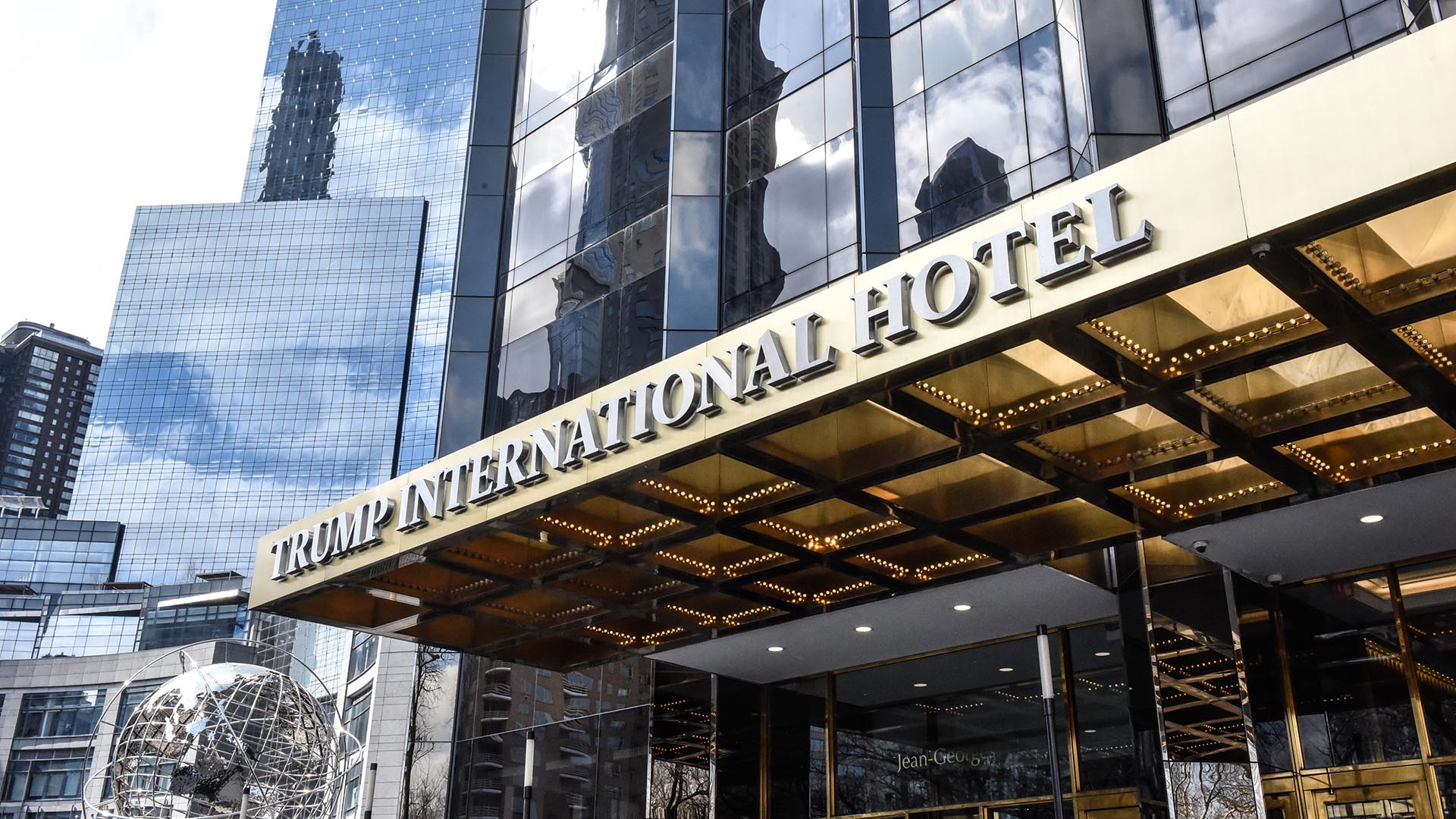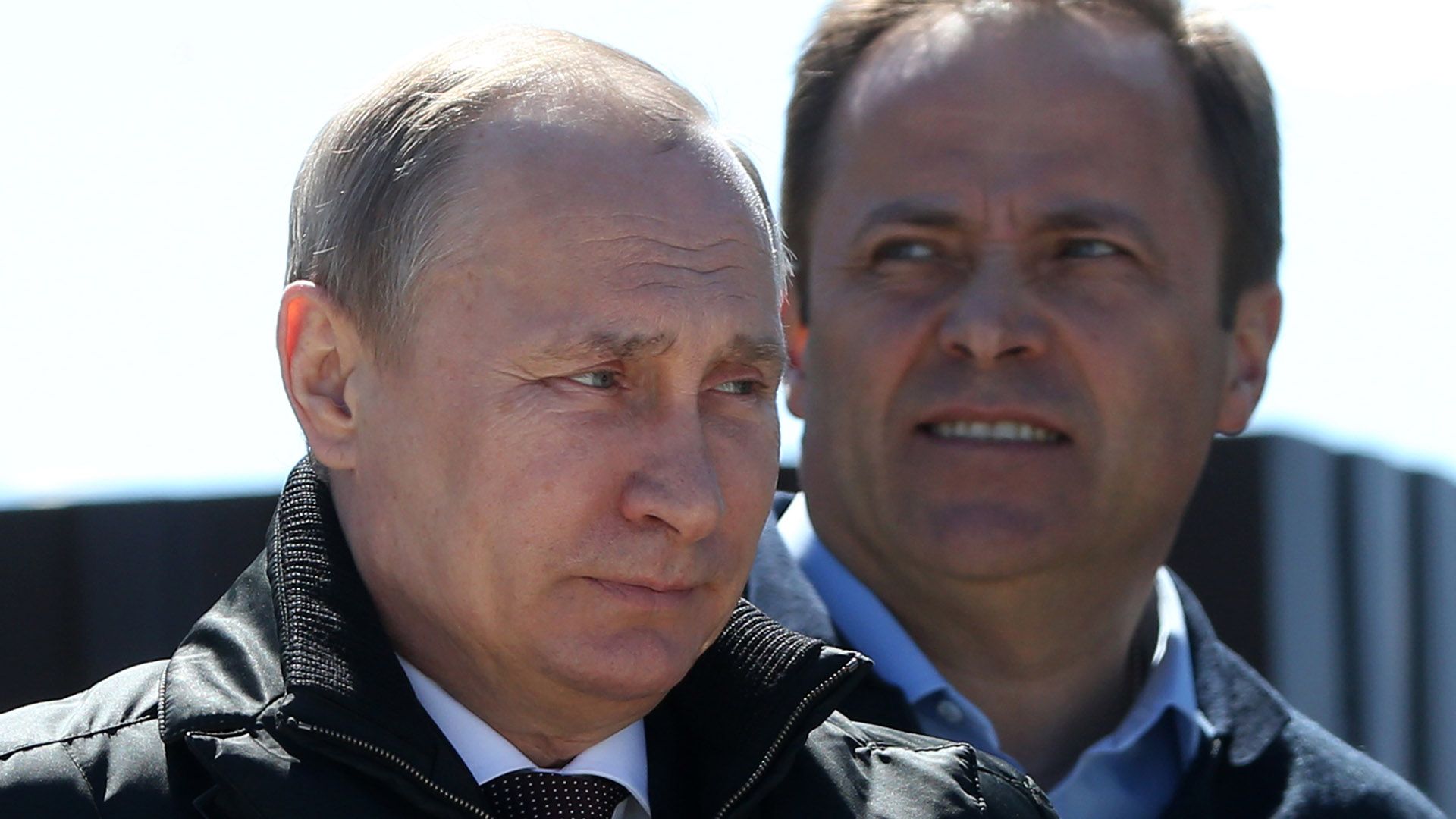A controversial Chilean iron and copper mining project that featured in the Pandora Papers investigation has been rejected by the country’s environmental authorities.
The $2.5 billion Dominga project proposed to establish two open-pit mines and a seaport near the Humboldt Penguin National Reserve — a sensitive environmental area that is habitat for whales, dolphins, birds and Humboldt penguins.
Chile’s Minister of the Environment Maisa Rojas said a committee of ministers unanimously rejected the proposal due to the ecological value of the area and insufficient plans to mitigate the impact on the natural reserves surrounding the area.
Pandora Papers revelations on the sale of a stake in the Dominga project were central to a 2021 impeachment bid against former President Sebastián Piñera.
Leaked documents revealed that in 2010, nine months into Piñera’s first term in office, his family sold its majority ownership in the Dominga project to its current owner, a longtime friend and business partner of Piñera, Carlos Alberto Délano. A contract found in the leaked documents showed that part of the $138 million deal was made through shell companies in the British Virgin Islands. The contract included a controversial clause establishing that part of the payment was contingent on the government not moving to enact new environmental regulations that would prevent the mining project, an investigation by Pandora Papers partners, the Chilean Center for Investigative Reporting (CIPER) and Labot, showed. No regulatory changes were made and it is unclear whether the final payment went through.
The conservative politician was narrowly acquitted after the opposition failed to secure a supermajority of senate votes needed to remove him from the presidency.
Piñera is separately under criminal investigation by Chile’s national prosecutor, who launched a probe five days after the Pandora Papers were first published. The probe focuses on the 2010 deal and could lead to bribery and tax-related charges. Piñera has denied wrongdoing.
Piñera was among 35 sitting and former world leaders whose secret offshore dealings were revealed in the 11.9 million confidential files that became the Pandora Papers investigation, led by the International Consortium of Investigative Journalists, the largest global journalism collaboration to date.
The company that owns the Dominga project, Andes Iron, announced that it would appeal the environmental committee’s decision, alleging that it was politically motivated. “The Dominga project not only meets, but exceeds all standards and is aligned with the principles established by the Government for the sustainable development,” company representatives said in a press release.
The project — which seeks to extract 12 million tons of iron and 150,000 tons of copper per year for 22 years and create 1,400 jobs in Chile, the world’s top copper producer — has been engulfed in controversy for years. It was first rejected in 2017 during socialist President Michelle Bachelet’s government, sparking the resignation of two top ministers. During Piñera’s second term, the Chilean Supreme Court ordered a new evaluation in 2019. Gabriel Boric, who succeeded Piñera as president last year, made a campaign pledge to reject the mining project as part of his green agenda.







